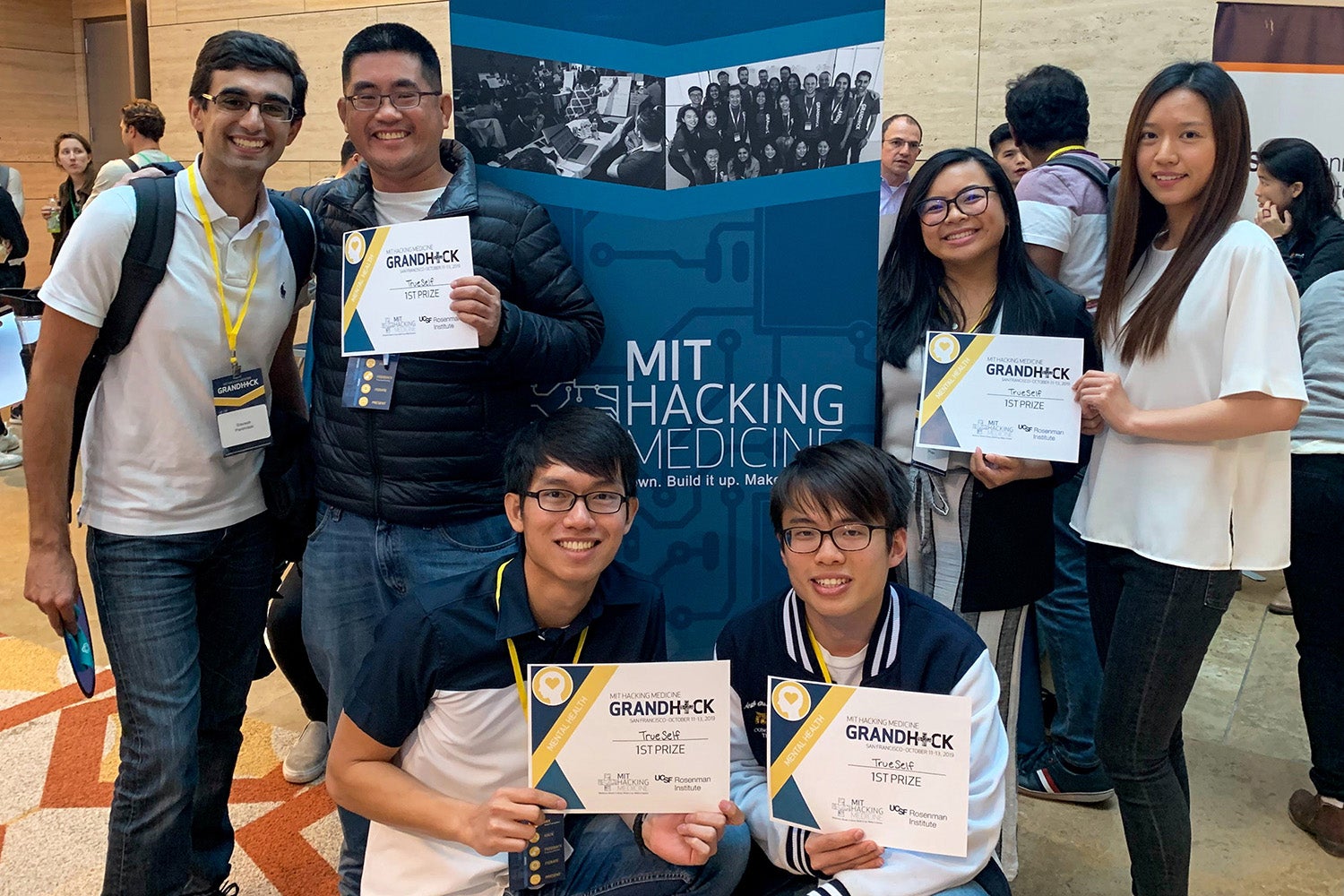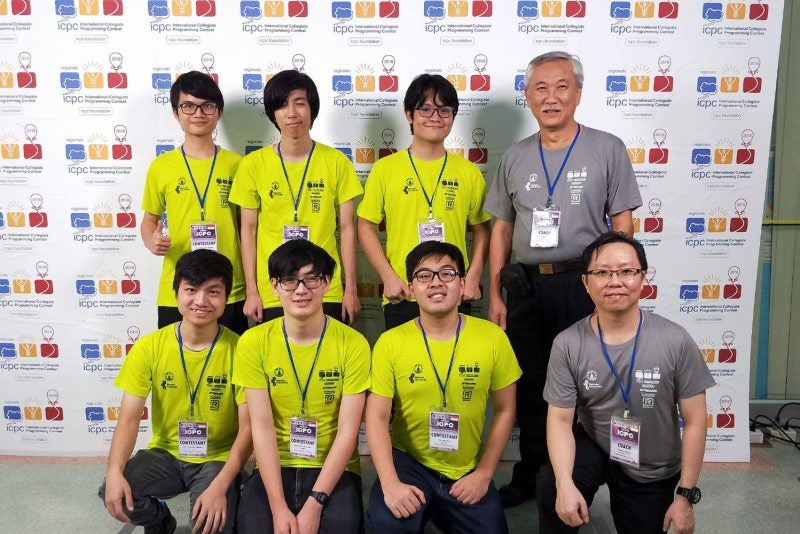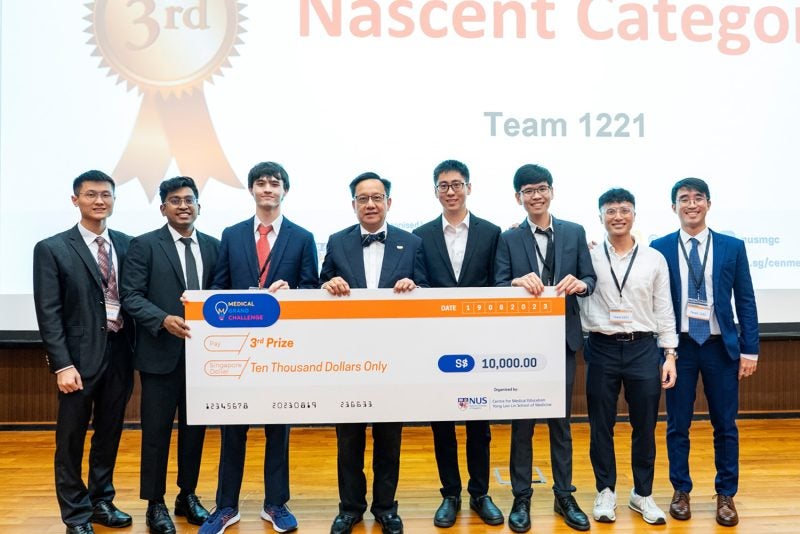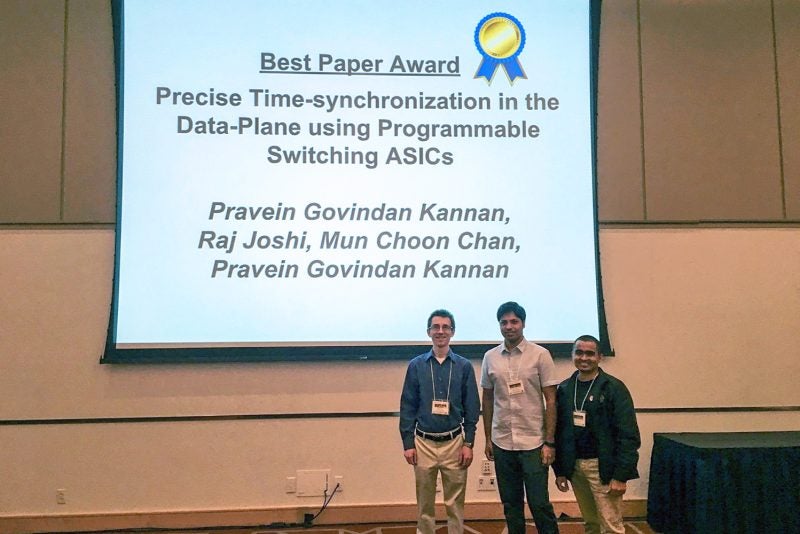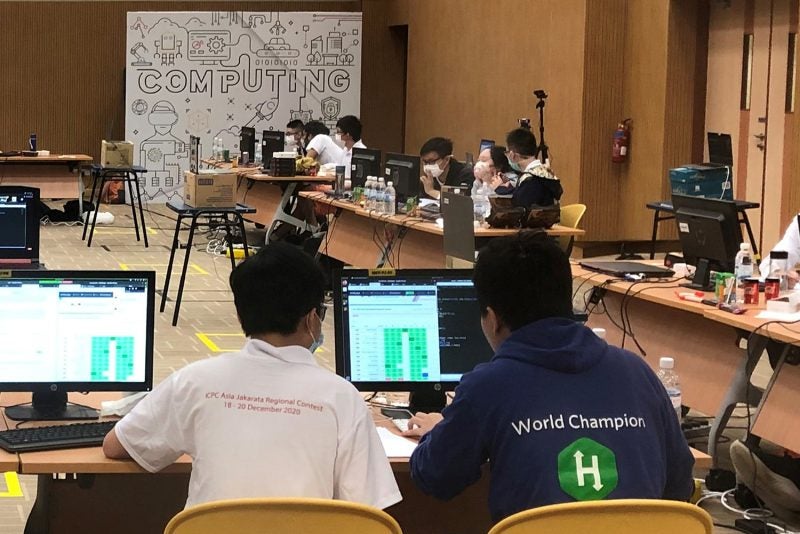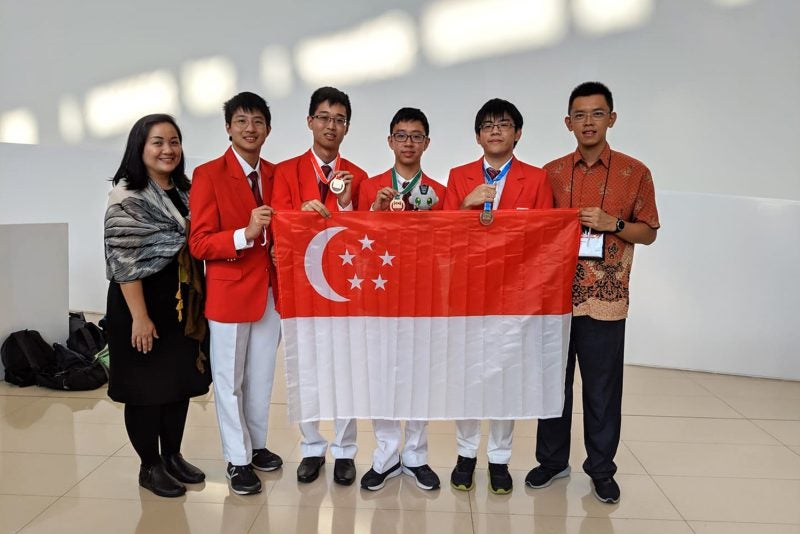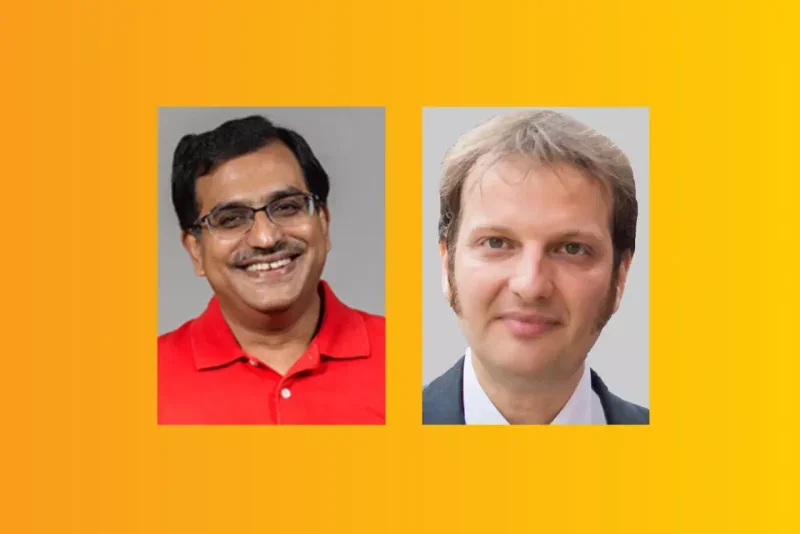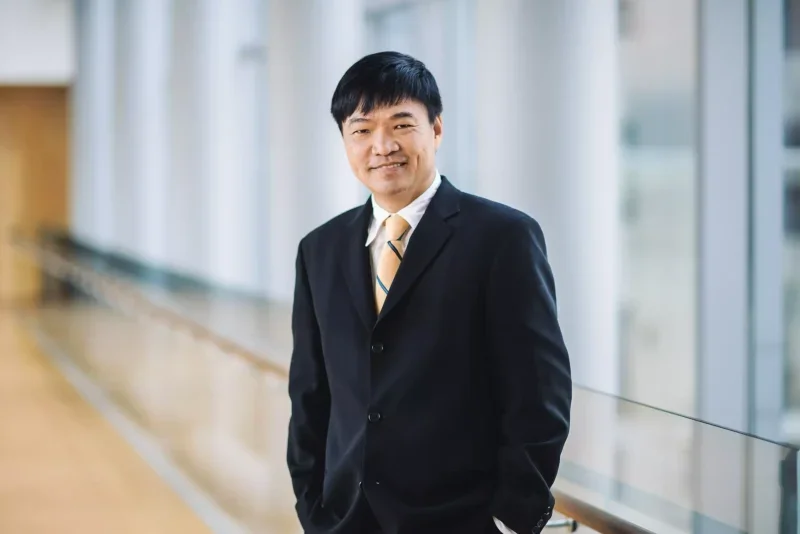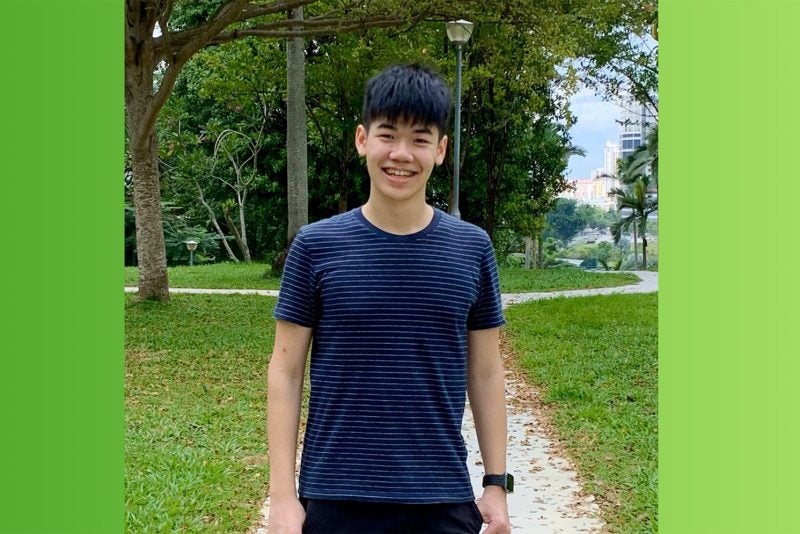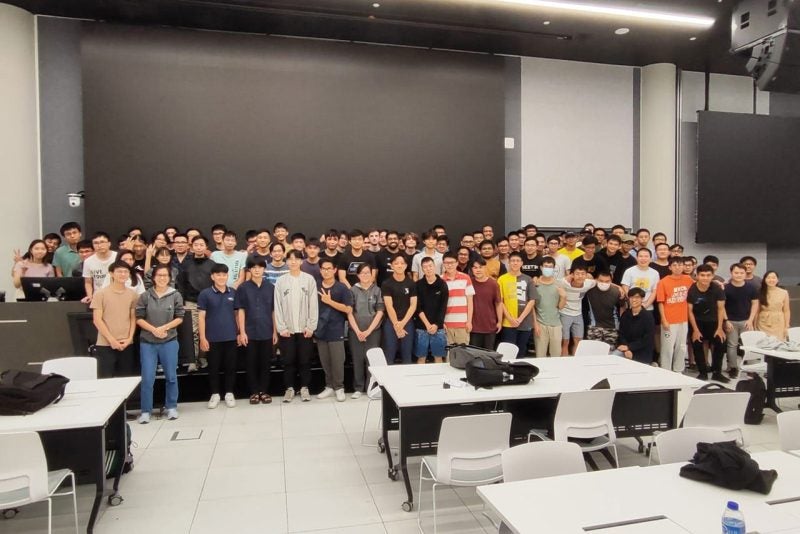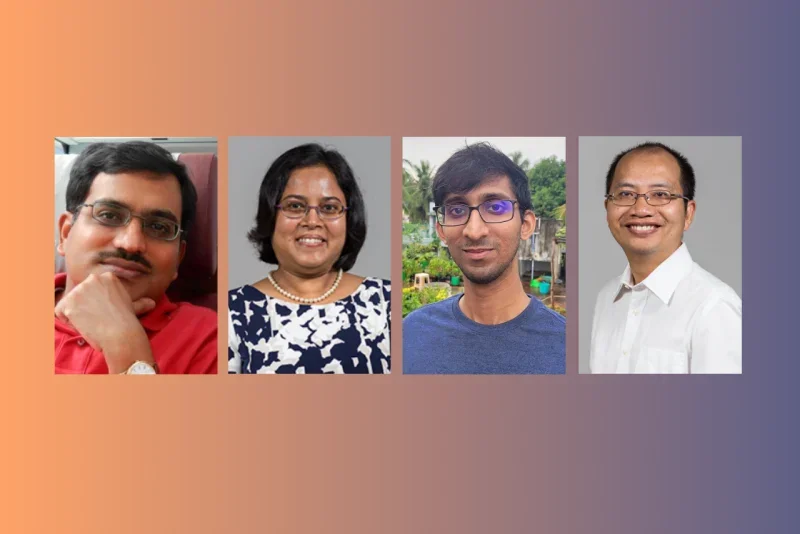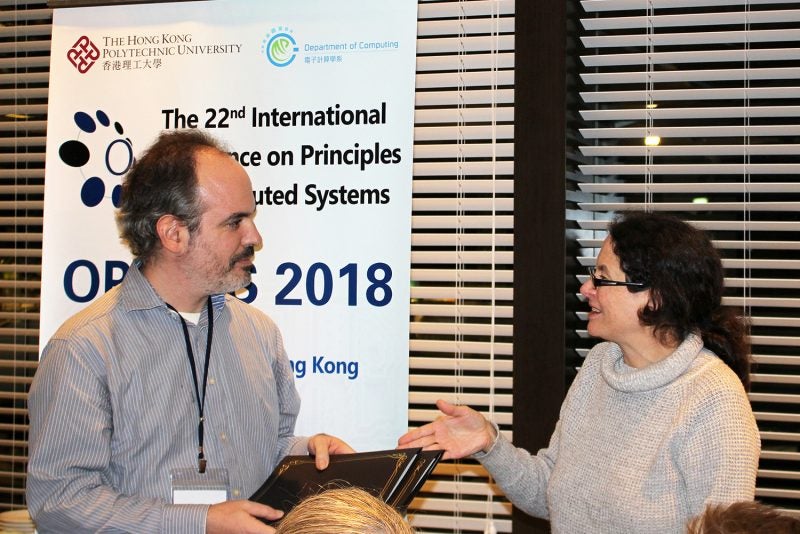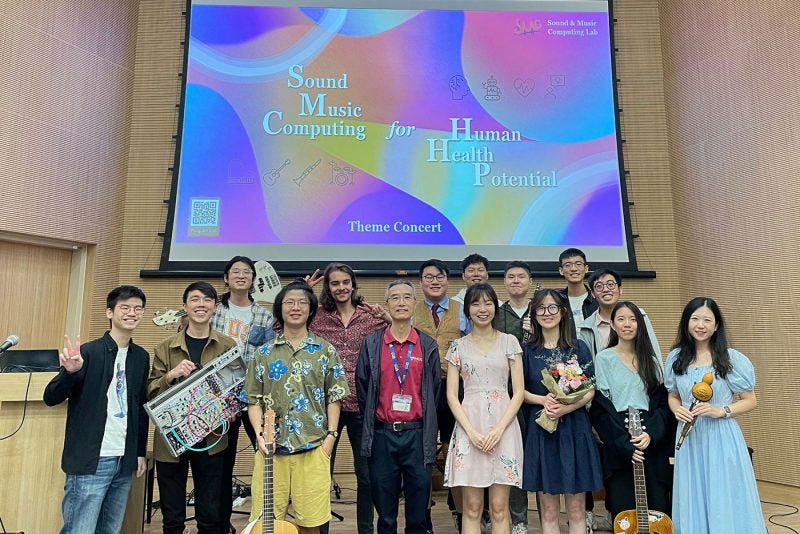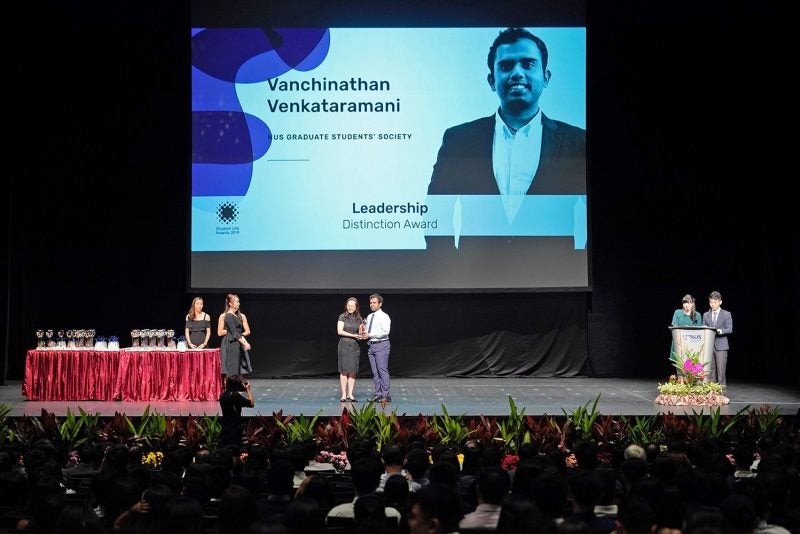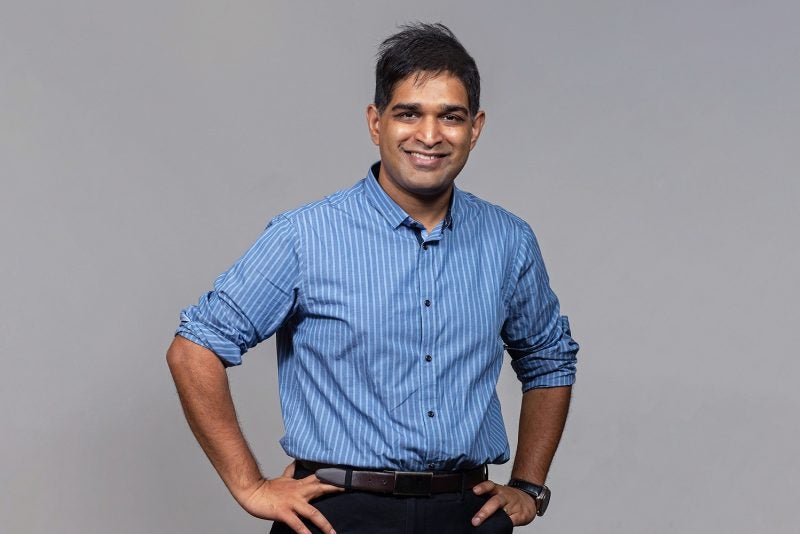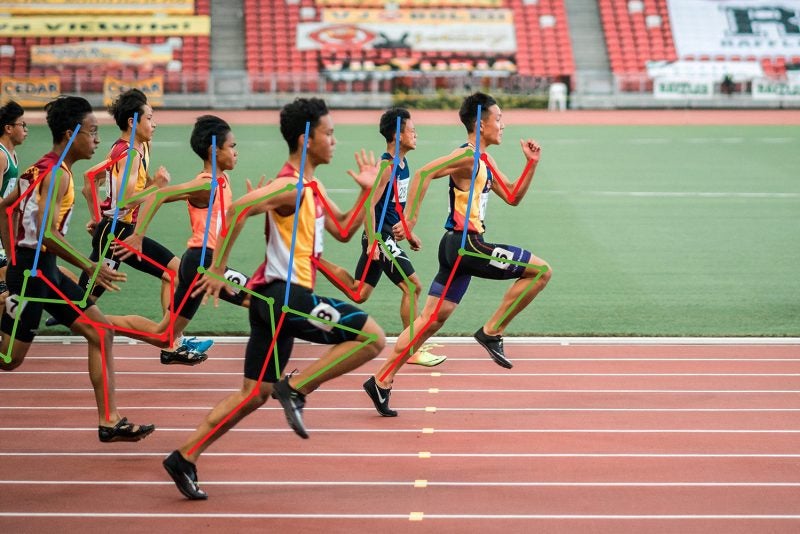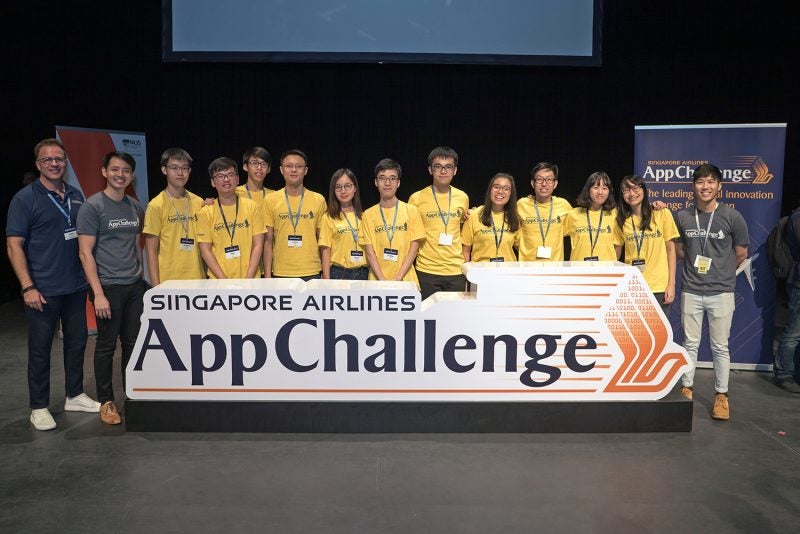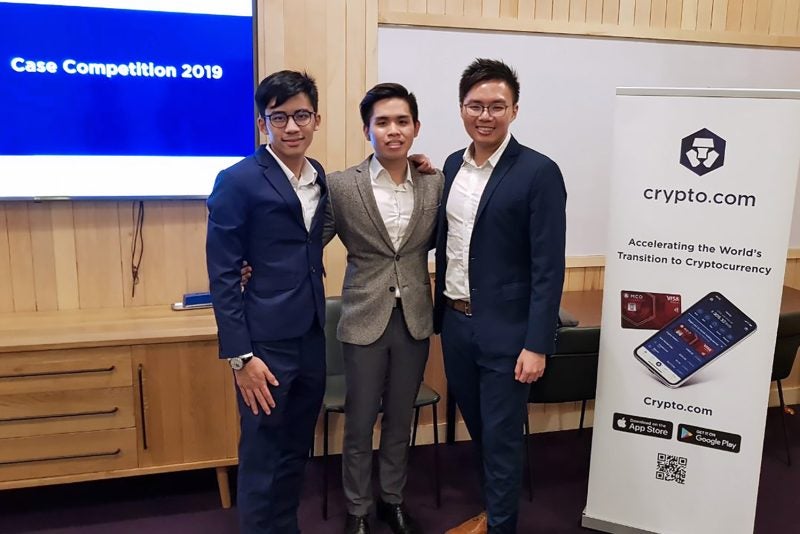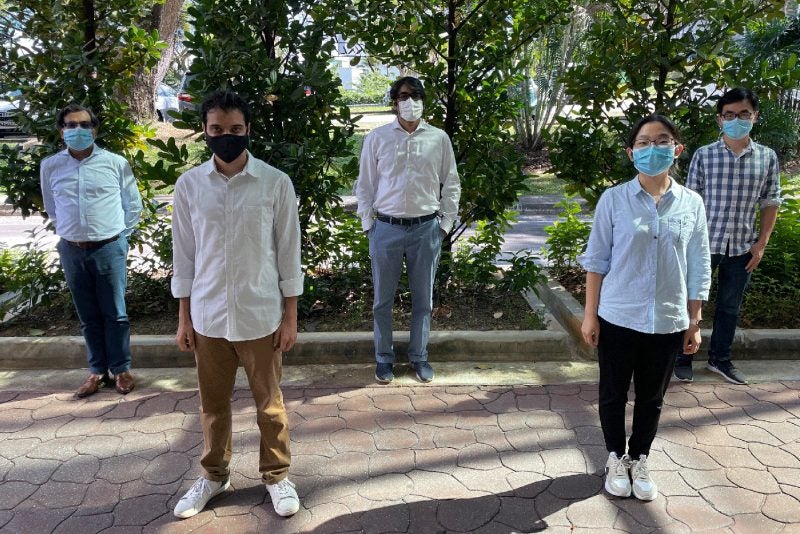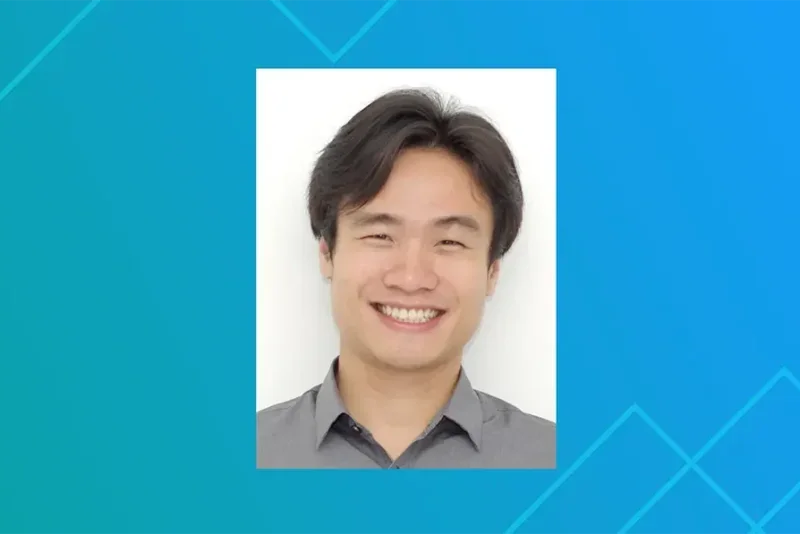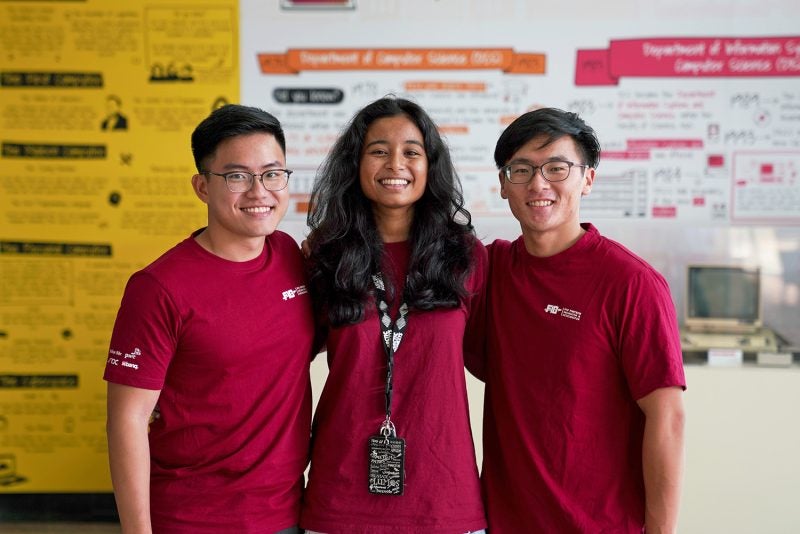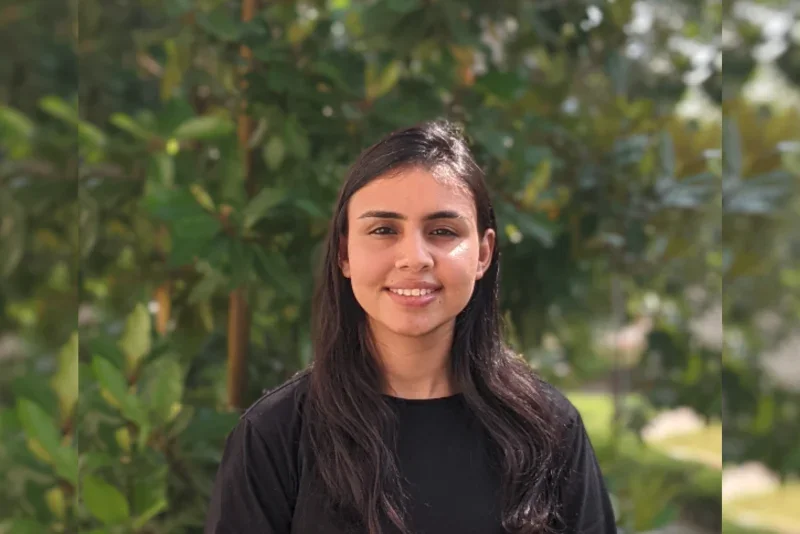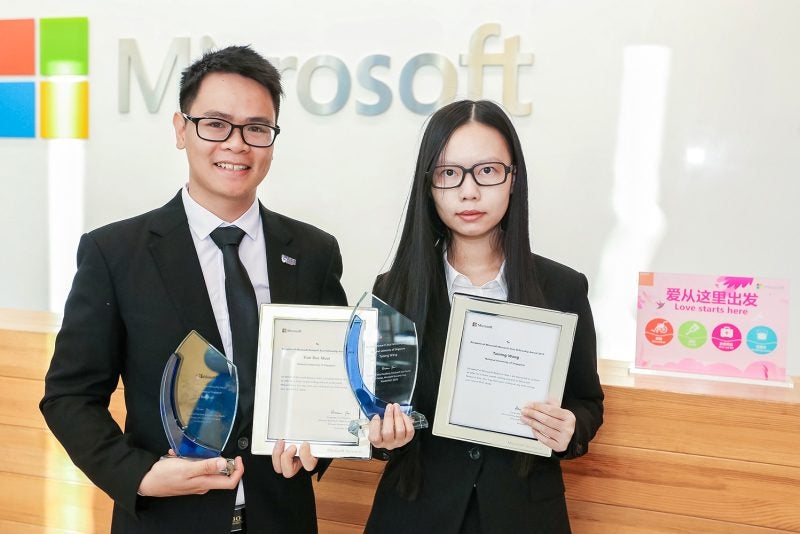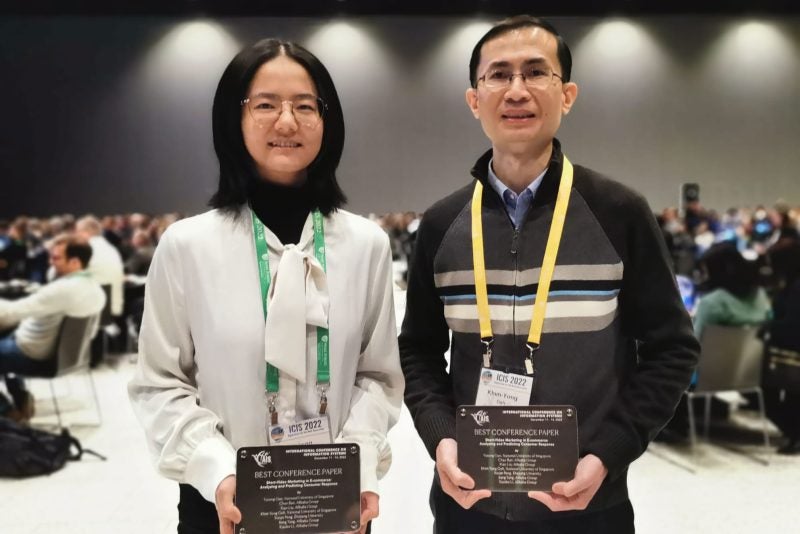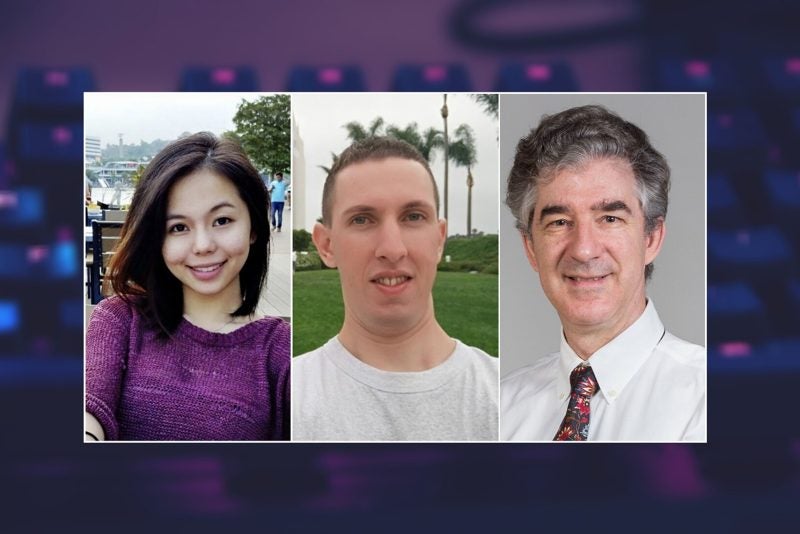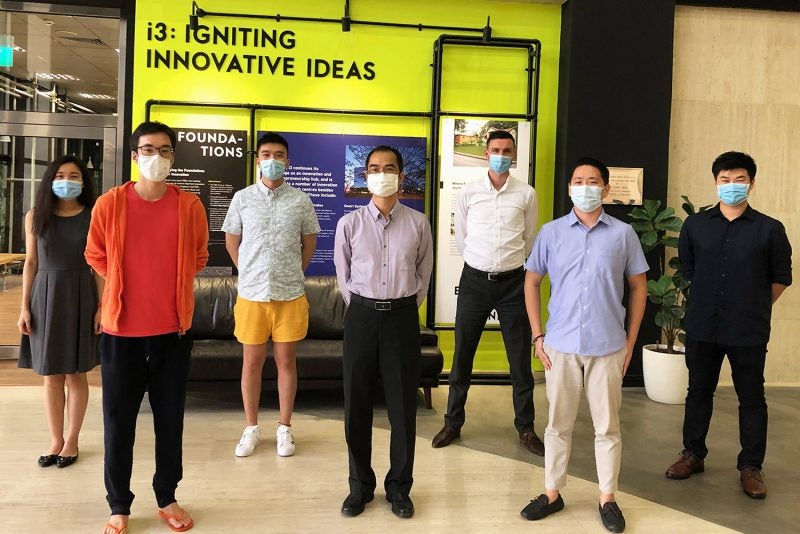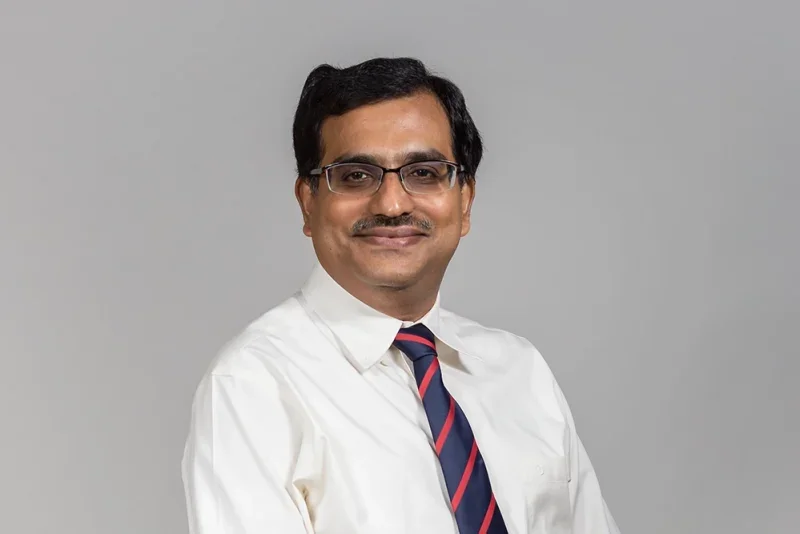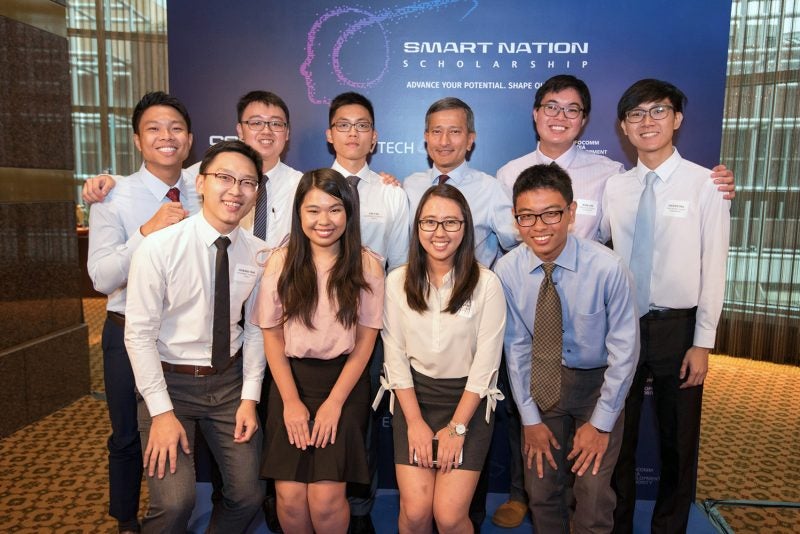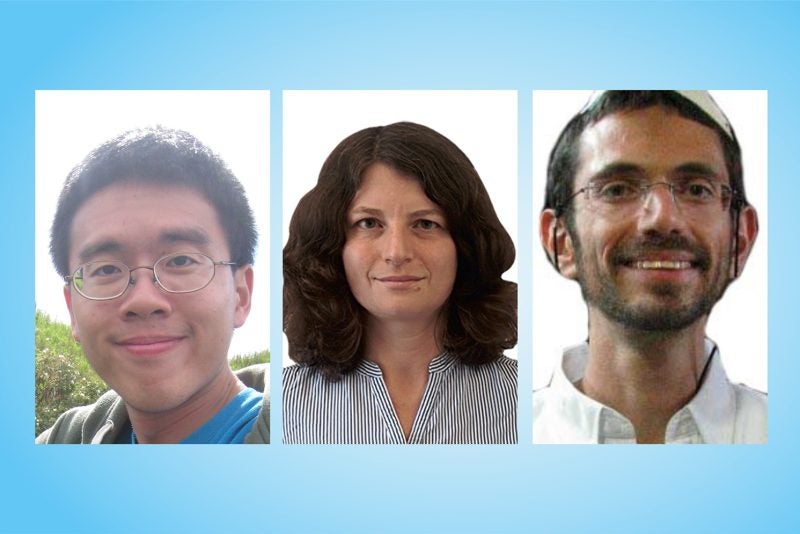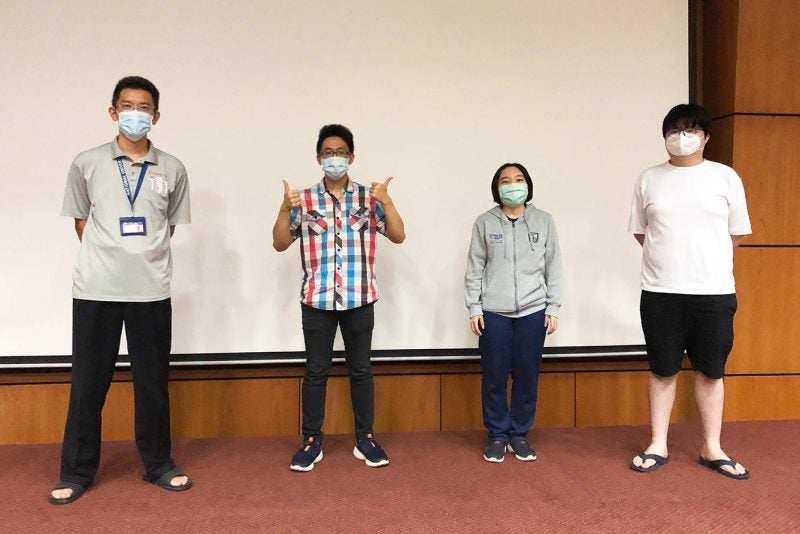11 November 2019 – NUS Computing students Chen Yizhao (Information Systems, Year 3) and Nicholas Seah (Information Security, Year 3) won the first prize at the MIT Hacking Medicine Grand Hack San Francisco 2019 competition held from 11 to 13 October this year. The team won the top prize in the mental health category – one of three categories in the competition.
Around 300 people participated in the San Francisco edition of the healthcare hackathon. Teams gathered to brainstorm and develop innovative ideas to bring about positive change in the healthcare industry. Yizhao and Nicholas, currently in San Francisco for a year-long NUS Overseas Colleges Silicon Valley programme, developed a smart journal mobile application for patients with mental health conditions.
“Our idea was based on a personal experience of one of our team members who was able to manage his anxiety disorder through journaling,” said Yizhao. “He found that journaling his thoughts had a therapeutic effect and it helped him practice mindfulness.”
The team’s smart journal uses sentiment analysis through natural language processing to identify and analyse key words and phrases written in the journal. An analysis of the journal entries will then appear in a dashboard for the patient’s psychiatrist or psychologist. The team hopes that their smart journaling system would help increase the effectiveness of psychotherapy sessions and also act as an early prevention tool for patients battling with extremely negative thoughts.
According to the National Provider Identification Registry and the Centers of Medicare and Medicaid Services, there were 764,300 mental health practitioners residing in the US in 2017. This translates to one provider for every 426 US resident. As a result, only 35.2 percent of all mental healthcare needs in the US was met.
“We developed our smart journal application with the aim of making mental healthcare more accessible in the long run,” said Yizhao. “Our smart journal would help make therapy sessions more efficient as mental health practitioners will have the information they need even before the session begin and need not spend time assessing the state of their patients. Furthermore, patients who are already journaling will no longer have to spend additional time filling out questionnaires that assess their mental health status. We hope this would make therapy sessions more efficient and reduce the waiting time for appointments.”
“We are delighted and extremely grateful to everyone in the team for all the hard work and contributions. It has been a very fulfilling experience and I found the experience of collaborating with team members from diverse backgrounds to be insightful and gave me unique perspectives on the issue of mental health. It was heartening to work with people who are truly passionate about improving the mental health situation in our society,” Yizhao added.

